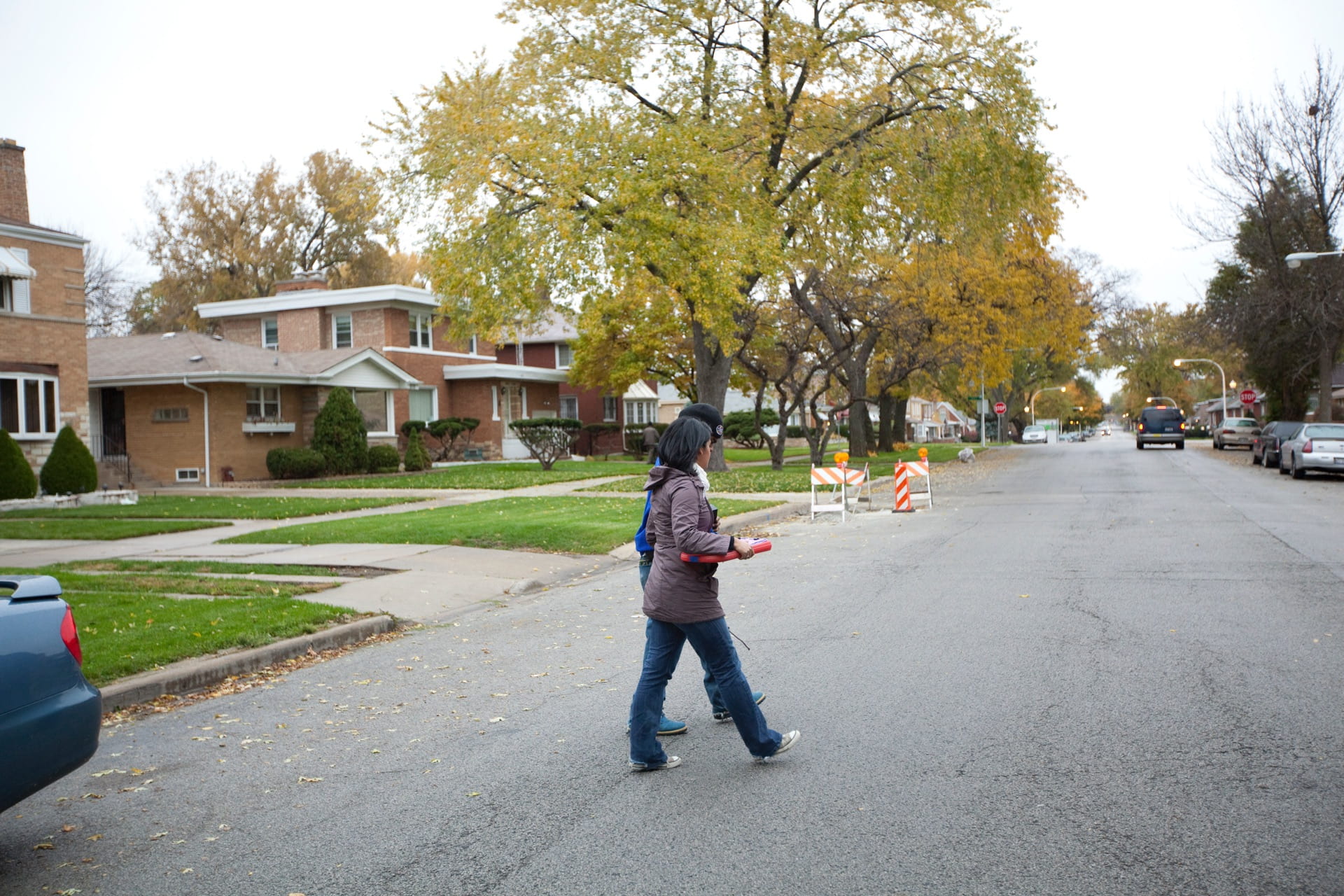What We Do
About Recovery Legal
Recovery Legal Care is a legal assistance program at the University of Chicago Medicine Trauma Center that provides on-site civil legal support to patients and families undergoing violence recovery.

Mission Statement
We believe that violence recovery includes recovery from systems of injustice.
Description
Survivors of violent injury often have many legal needs.
Our goal is to help build an integrated healthcare system that acknowledges the deep and far-reaching impacts of social and structural inequalities. These inequalities are often at the root of many health problems, including violent injury, and can also impede meaningful recovery. Medical-legal partnerships integrate the unique expertise of lawyers and legal advocates into healthcare systems, so that clinicians and violence recovery specialists can work together with lawyers to address structural problems.
Services
We currently offer a broad range of services, including obtaining and retaining various public benefits that include SNAP; Medicaid; Medicare Savings Program; cash assistance for families with children, the elderly, and the disabled; Social Security benefits; home health services via the Medicaid Waiver program and Crime Victim Compensation.
Currently, our services are being offered to patients who are admitted to the UChicago Medicine Trauma Center for violent injuries. An on-site legal advocate is available to provide in-person legal assessments for eligibility of services. Legal services are provided in partnership with Legal Aid Chicago (www.legalaidchicago.org) and needs are assessed on a case-by-case basis.
What is a medical-legal partnership (MLP)?
These partnerships integrate the expertise of lawyers and legal advocates into healthcare systems, with the goal of supporting patients and their families to address a broad number of health-harming legal needs. Health-harming legal needs can include a wide array of issues, including but not limited to income or economic stability, housing and utilities, education and employment, legal status, and personal stability.
Funding
Various components of our program have been funded in part through grants from the National Institutes of Health, Department of Justice, and Equal Justice Works.
